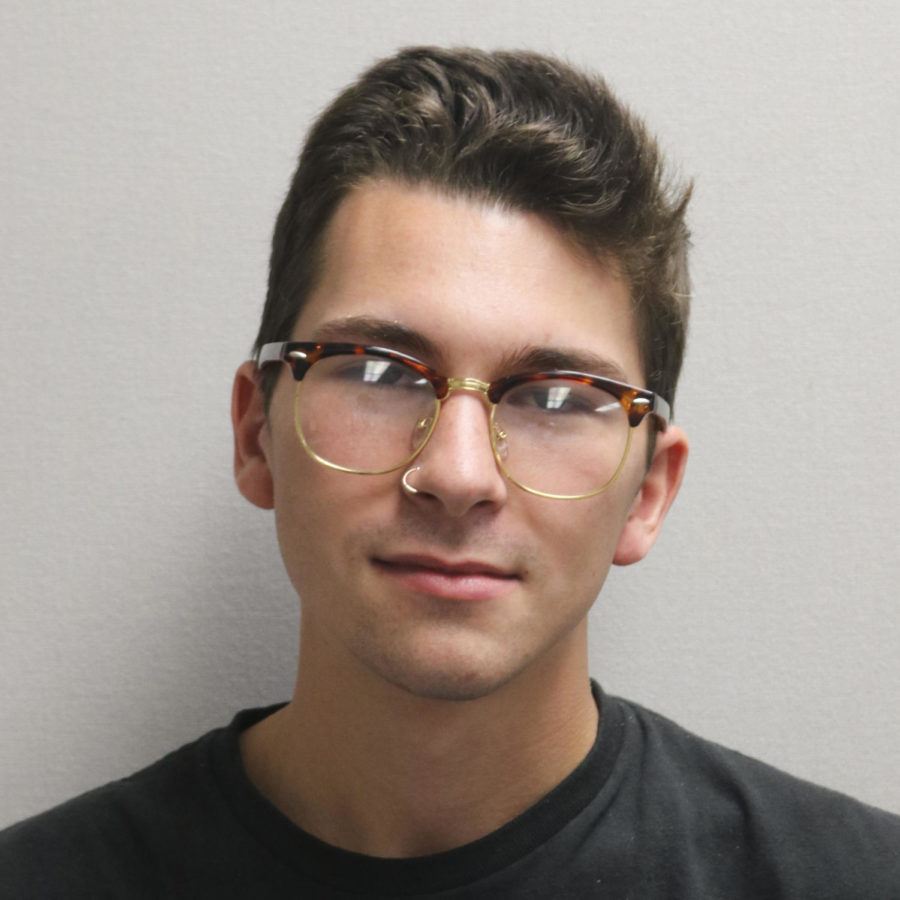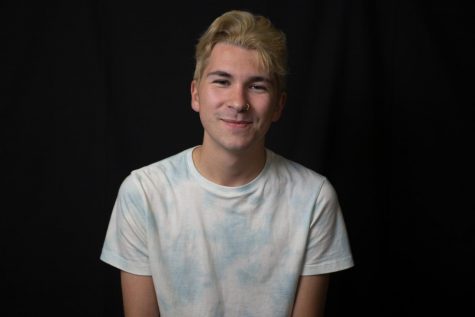I watched in horror as the fire rolled over the hills, ripped through trees and devoured everything in sight. It left nothing but a skeleton behind, the ashen bark, stark against the flames.
Sitting in my car, I felt nauseous. Just hours before, I was sitting in my friend’s home laughing and talking over the roar of the wind; and now I sat gazing upon such graceful destruction.
I urged myself to drive again. I needed to get home and warn my family. However, the path lay scattered with rocks and branches that forced me to swerve down unknown roads.
It also didn’t help that I was in uncharted territory; I was nearing Sonoma State University when I realized I was unfamiliar with the roads I had taken.
The fire glowed a fluorescent orange behind me. As I approached my house the embers illuminated the sky; a premonition of the destruction to come.
Unknowing of what was in the near future, I briefly checked the news and, feeling assured of a swift recovery, I went to bed.
It was only three hours later that I awoke to yelling down the hallway. Startled, I lay in my bed and listened.
“Patrick, the fire is coming for my house, we had to evacuate,” my aunt told my father.
I awoke and instinctively checked my phone. My eyes bulged as I was inundated with notifications. Text messages, social media alerts and news updates flooded my phone. I went to bed worrying about my late English assignment and woke up to an explosion of devastation.
I joined my family around the television as we discussed our next move; we had never prepared for a disaster before. We were terrified.
The first building I saw burn was Cardinal Newman High School. I watched through the glass screen of my phone as picture after picture appeared, each displaying another charred building of the school.
Everything after that became a blur. Rumors caught on faster than the actual fire. People panicked, families evacuated and the fear of looters loomed over us. The realization that the town I had lived in for 18 years was burning didn’t hit me. I just numbly observed as the flames consumed buildings and cars as more and more people fled.
I often hear the comparison of our smoldering town to that of a war zone, and I never understood why until days after.
After the first day, I escaped the grasp of my family and decided to see the anarchy for myself. I drove to the 76 gas station just down the road, and in that short trip I was shocked by what I witnessed.
The sky glowed orange with a smoke cloud thicker than soup blocking the sun. The sun did radiate a blood red but remained hidden behind the smoke clouds.
Cars sped down suburban roads, racing with each other to buy supplies. The stores were barren after the first day, and now people suffered in lines awaiting the next delivery.
The entire scene was surreal, something out of a movie; it was apocalyptic.
When I returned home, I packed my things into my car and prepared for the worst.
I grabbed my press badge and camera and was off once more; only this time to investigate the madness.
Deeper into the suburban jungle, traffic lights remained dark while drivers sped past them. Police cars littered the streets and most businesses remained closed.
It was apparent that the farther I traveled, the more chaotic things became. Fire ran rampant on the city’s borders, citizens fled only to be evacuated again: every turn they’d make, there would be another. There was nowhere safe to go.
After a while of wandering I met with the Oak Leaf newspaper staff and began venturing onto desolate roads filled with smoke.
It was after this that I received the call to evacuate. Even though I was on the other side of town, I sped down roads and drove through shortcuts to get home. My heart was pounding and my mind was a mixture of panic and calmness.
I parked at my neighbor’s house as a wave of deja vu flooded over me. This was just like the first night. I already had a bag packed so I loaded it into my car and took my valuables.
The first thing I grabbed in the very beginning was a handmade bracelet. They were prayer beads from a local market. My friend Ashlee had gotten it for me after she visited Nepal, but on her flight home, an earthquake devastated the country. When she returned, I wore it every day until the Nepalese were safe.
I use the bracelet as a good luck charm, a safety blanket of sorts. Through all the chaos of packing and fear of losing my home, I focused all of my energy into this bracelet. I used the prayer beads as a beacon of hope when I had none.
We all packed in 15 minutes, and my dad told my grandma and me to leave without him. He began watering the roofs of not only our house, but our entire neighborhood. He told the neighbors to leave their hoses out and that he would take care of their homes.
Everyone rushed to their cars and sped away, not knowing if they’d see their homes again. With a cloud of uncertainty floating over us, my grandma and I were the last to leave the neighborhood. Smoke rose above the houses as we drove away from the empty street.
I hadn’t been emotional until then. I let a single tear roll down my cheek. This could be the last time I’d see my house.
It didn’t feel real to be on that freeway driving away from my home.
It didn’t feel real sleeping in another person’s home. And it certainly didn’t feel real until after the first 10 days of crisis.
In the days after, I only did two things: volunteer and work as a journalist. They were the only two things keeping me grounded in my uprooted life. My friends’ homes, all the spots I normally visited, they were gone. Burnt to a crisp with nothing but memories and debris remaining.
Witnessing the devastation in person is something that has been forever burned in my memory. Seeing people cry, get angry, or even laugh, it was all so much. Hearing these stories first hand from both strangers and friends will haunt me forever.
I walked into fire. I visited ghost towns that were once homes and neighborhoods of people I know. I watched in anticipation as fire approached my neighborhood. I smiled, cried, yelled and mostly felt numb. I had an experience most will never have, and I am both humbled and grateful for this.
Oct. 16 marked the beginning of the end of the devastation for Santa Rosa. I finally returned home, anxious to sleep in my bed again. The first night replays in my mind. But after all of the tragedy, I feel somewhat at peace. I looked down at the bracelet on my wrist and smiled. I was safe, my family was safe, and my home had survived.
I felt an overabundance of love for my community. A place I had originally hated and vowed to leave had now become something so much more for me. It had meaning.
And as I fell asleep on Oct. 16, I was granted one last wish of comfort as I heard the pitter-patter of rain against my window.
The calm had arrived at the end of the storm.




